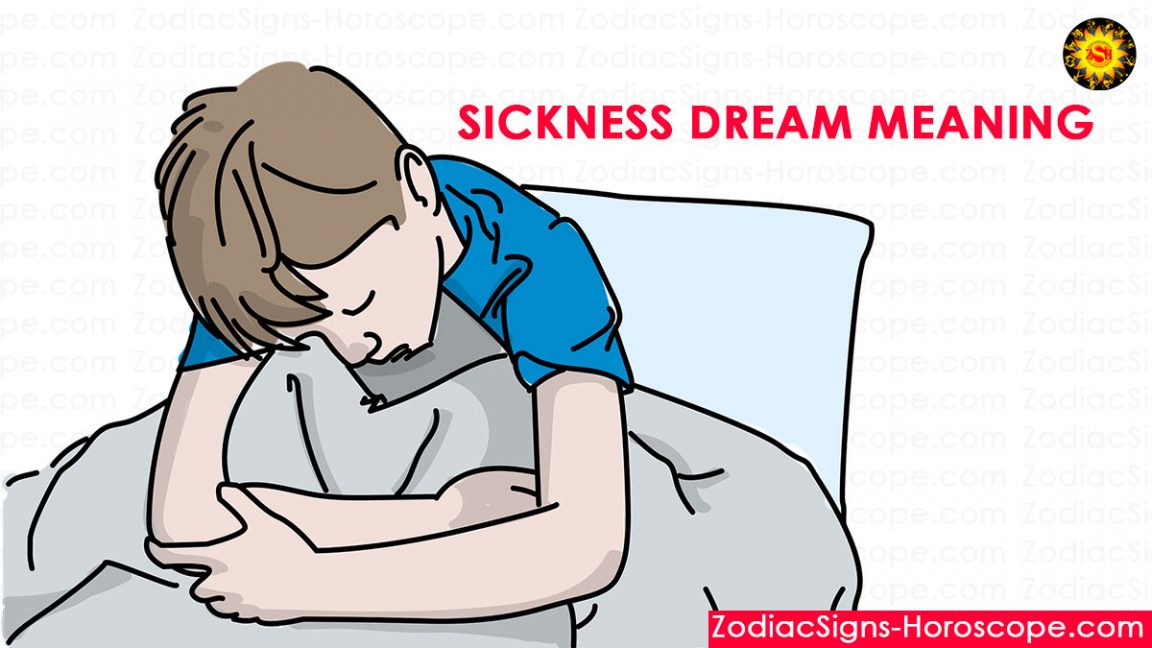


Parents can take steps before and during a pregnancy to help lower the risk of birth defects in newborns, such as: chemical exposure during pregnancy (for example, to lead or mercury).infections during pregnancy (for example, toxoplasmosis or chickenpox).smoking, alcohol, or drug use during pregnancy.some types of medicines taken during pregnancy.a change in the baby’s genes, such as a mutation or extra chromosomes.The cause of most of these health problems isn’t known. A genetic counselor can help parents decide what tests would be helpful. If a genetic illnesses run in the family or if a baby has symptoms of a genetic illness, parents may decide to get more testing. Sometimes a birth defect isn’t diagnosed during pregnancy or with newborn screening. With the parents’ permission, the baby is tested for PKU, congenital hypothyroidism, sickle cell disease, and about 30 other conditions. These conditions are treatable, so it’s important to find them right away. Newborn screening tests on babies look for some kinds of health problems. If the results are concerning, parents may decide to have more testing. During routine prenatal care, blood tests and ultrasounds are done to see if a baby could have a birth defect. Prenatal tests are done before the baby is born. The embryo can be tested before it is put into the uterus. Genetic testing can also be done as a part of in vitro fertilization (IVF). Tests can be done before a baby is born, right after the birth (such as newborn screening), or later.ĭuring pregnancy, genetic testing can also be done on amniotic fluid (through amniocentesis) or the placenta (through chorionic villus sampling). phenylketonuria (PKU), which affects the way the body processes proteinīirth defects usually are found through genetic testing done on small samples of blood or saliva (spit).heart problems such as hypoplastic left heart syndrome, transposition of the great arteries, and tetralogy of Fallot.There are many types of birth defects such as: Others can be serious and require lifelong treatment. Some birth defects (also called congenital disorders or congenital anomalies) are mild and don’t need any treatment. Sometimes the problem is inherited (passed down in families). The baby is born with the problem, but it might not be recognized until later. Send us feedback about these examples.A birth defect is a problem with how a baby’s body parts form or how they work. These examples are programmatically compiled from various online sources to illustrate current usage of the word 'be sick.' Any opinions expressed in the examples do not represent those of Merriam-Webster or its editors. Brett Dawson, The Courier-Journal, 6 Dec. 2022 The few Cal fans in the world might be sick enough of Fox to gamble on Kenny Payne’s recruiting connections. 2023 To have their case recorded, a patient must be sick enough to be admitted, rather than seen in an outpatient office, as a scarlet fever patient might be.

2023 Her mother told her that everyone in their 3,000-unit compound in the southern city of Chongqing seems to be sick with the virus. Andrea Atkins, Star Tribune, 21 July 2021 The symptoms typically last less than two months, but some people may be sick for as long as six months. Kate Gibson, CBS News, 19 July 2022 But more troubling was not knowing which of their neighbors (or building employees) might be sick with COVID-19. 2023 Most kids exposed to lead don't appear to be sick, yet exposure to the chemical can cause developmental and growth delays, hearing and speech troubles and serious injury and death, the CDC stated. 2023 The government has halted all direct flights from China to the island, redirecting visitors to the country’s main airport in Seoul, where travelers will have to take a PCR test upon arrival and quarantine if they are found to be sick. Recent Examples on the Web The geometry is all wrong-disconcertingly high ceilings kaleidoscope in the distance, bed posters sway and lunge at you, and everything is far away and seems too precious to be sick in.


 0 kommentar(er)
0 kommentar(er)
